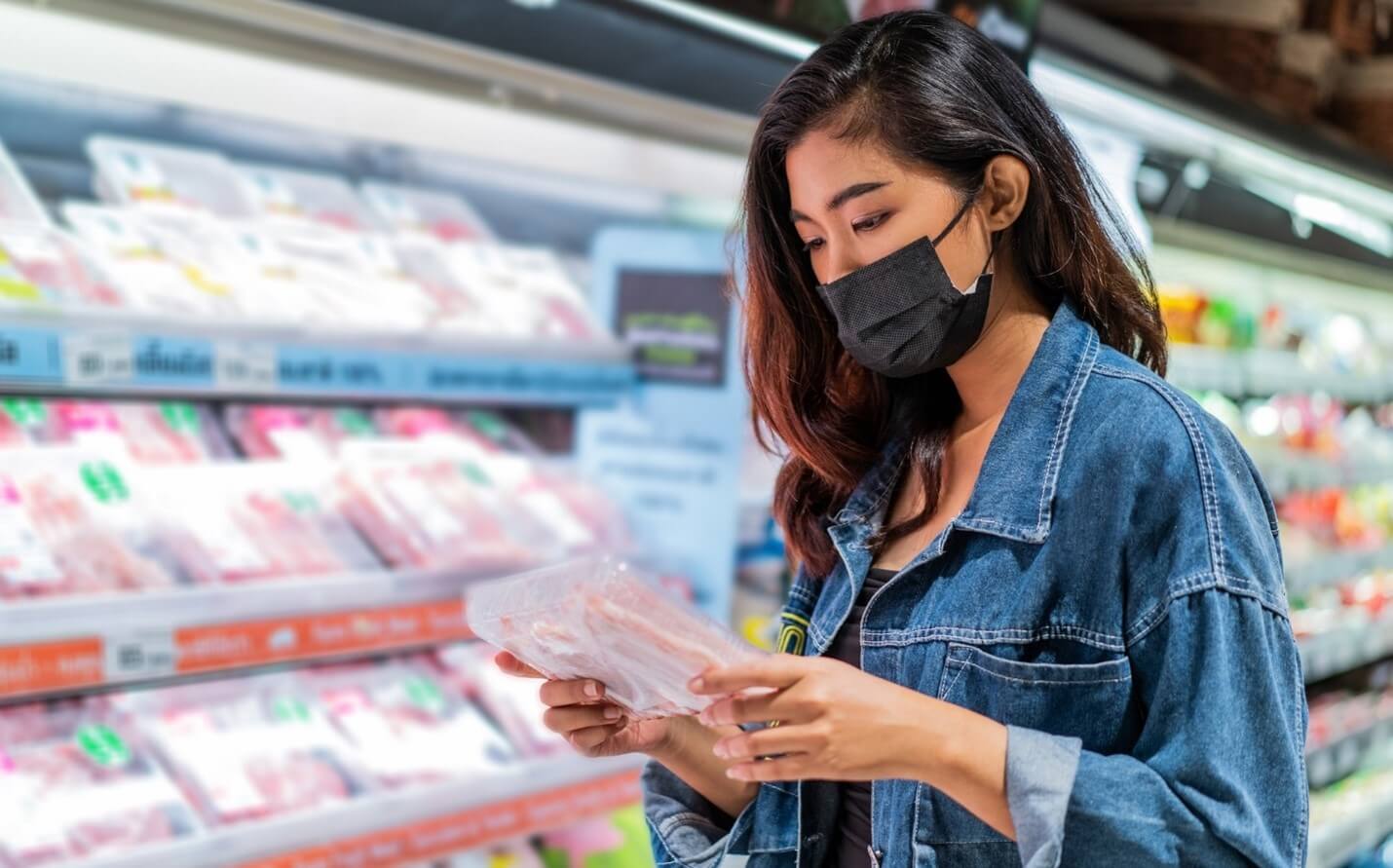2. Plant-Based Alternatives Seen as Safer
Compared to animal-based foods associated with “factory farming,” plant-based alternatives are seen not only as more ethical, but also safer. The zoonotic origin of COVID has put a spotlight on the role of livestock crowding in potential emerging diseases.
56% of Chinese, 53% of Mexican, and 40% of German consumers agree the COVID pandemic proves people need to eat fewer animals.3 Going forward, consumers may take a “less but better” approach, such as choosing “free range” and “outdoor reared” animal products, while consuming animal products less often, and substituting with plant-based alternatives on other occasions.




